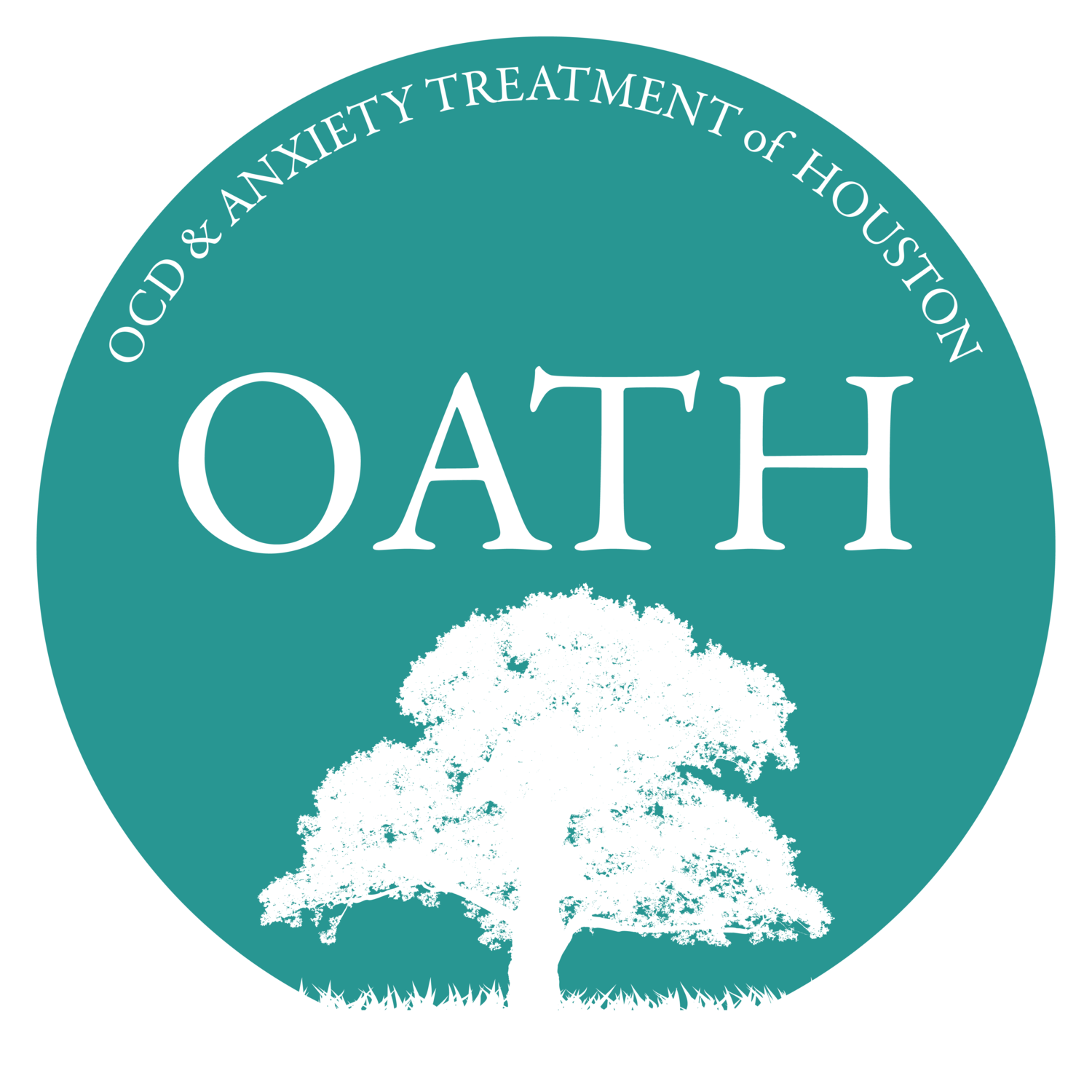Welcome to our therapy blog, a space dedicated to empowering you on your journey towards mental well-being. Today, we delve into the integral role that sleep, nutrition, exercise, and various lifestyle factors play in managing symptoms of OCD and anxiety while fostering overall mental health.
1. Unraveling the Night: The Significance of Quality Sleep
Sleep is not merely a biological necessity; it's a cornerstone of mental health. For individuals grappling with OCD and anxiety, the relationship between sleep and symptom severity is profound. Disrupted sleep patterns can intensify anxiety levels and exacerbate obsessive thoughts. Prioritizing a consistent and restful sleep routine can significantly contribute to symptom management. We explore the importance of sleep hygiene, relaxation techniques, and creating a sleep-conducive environment to pave the way for more peaceful nights and calmer days.
2. Nourishing the Mind: The Impact of Nutrition on Mental Health
The food we consume isn't just fuel for the body; it profoundly influences mental well-being. In the context of OCD and anxiety, certain dietary choices can contribute to symptom severity or act as powerful allies in symptom management. We delve into the link between nutrition and neurotransmitter regulation, emphasizing the role of omega-3 fatty acids, vitamins, and minerals in promoting a balanced mental state. Practical insights into optimizing nutrition become a crucial aspect of your toolkit for mental health.
3. Exercise as Medicine: Managing Anxiety and OCD with Movement
Exercise isn't just about physical fitness; it's a potent prescription for mental well-being. Engaging in regular physical activity has shown remarkable effects in reducing anxiety and stress levels, common companions of OCD. We explore how activities ranging from brisk walks to yoga and strength training can be tailored to individual preferences and fitness levels. Exercise becomes a transformative practice, not only for physical health but as a means to foster resilience against the challenges posed by anxiety and OCD.
4. Beyond the Checklist: Embracing Holistic Lifestyle Factors
Managing mental health involves a holistic lifestyle approach. Beyond sleep, nutrition, and exercise, various lifestyle factors play pivotal roles in supporting individuals dealing with OCD and anxiety. Stress management techniques, cultivating social support networks, and incorporating self-care practices into daily life become essential components of this holistic strategy. By addressing these factors, individuals are better equipped to navigate the complexities of their mental health journey.
5. Practical Strategies for Daily Life: A Toolkit for Mental Wellness
Understanding the role of sleep, nutrition, exercise, and lifestyle factors is only the first step. We provide practical, actionable strategies that can be seamlessly integrated into your daily life. From establishing a calming bedtime routine to creating balanced and enjoyable meals, and from incorporating movement into your day to developing stress resilience techniques, our goal is to equip you with a toolkit that aligns with your unique needs and preferences.
The path to managing OCD and anxiety symptoms and promoting overall mental health is multifaceted. By embracing a holistic approach that considers sleep, nutrition, exercise, and lifestyle factors, individuals can empower themselves to navigate the challenges and embrace a life of balance and well-being. Remember, you are not alone on this journey, and seeking professional support is a commendable step towards a healthier and happier you.
If you have insights, questions, or personal experiences to share, feel free to engage with us in the comments below. Together, let's nurture our minds and foster a community dedicated to mental wellness.
Wishing you tranquility and resilience,
Saharah Shrout, MA, LPC-S
Owner, Professional Counselor & Clinical Supervisor
OCD & Anxiety Treatment of Houston (OATH Therapy)

